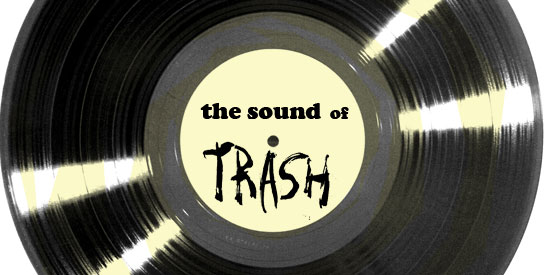
John Carpenter is a name as synonymous with soundtrack composition as he is with the films his soundtracks were composed for. His scores are embedded upon the aural centre of anyone who has seen any of his films. It would be remiss not to mention the enormity of ‘Halloween’, both as a film franchise behemoth and as the world’s introduction to one of cinema’s most iconic scores. The theme to ‘Halloween’ truly is legendary and transcends the humble nature of its origin. While this score may stand out among his oeuvre, he has given his compositional hand to many many more films, some of which have scores that, I believe, are better than the ‘Halloween’ theme.
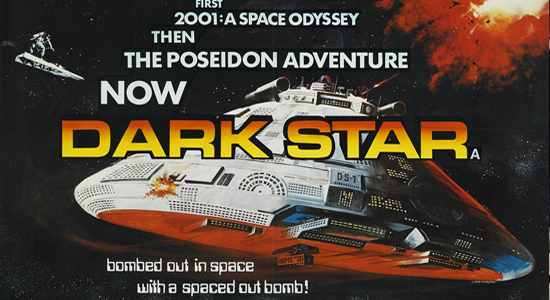
Carpenter’s scores are imbued with idiosyncrasy. You needn’t be told that what you’re hearing was composed by Carpenter to know it. His music is drenched in thick synthesizer and comprised of simple, alarmingly effective repetitive patterns. What interests me the most about Carpenter’s compositional trajectory is that, despite modern shifts in music, the ingredients that comprise his scores have remained the same. While utilising electronic instrumentation in the 70s may have dripped with futuristic modernity, in the context of today, his newer work packs a distinctly retro punch. There’s something comforting about a style you can depend on no matter the state of the zeitgeist.
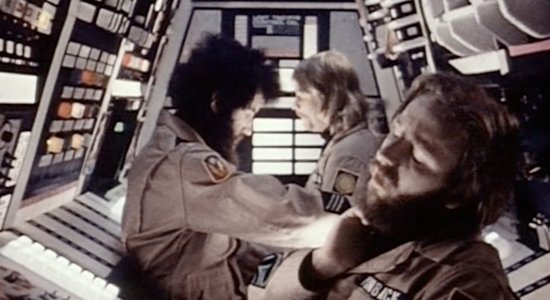
‘Dark Star’ is something of an anomaly in his horror-oriented filmography. It was his first feature (shot for a paltry $60,000) and possessed scope far more grandiose than the budget should have allowed. Carpenter himself described ‘Dark Star’ as “Waiting for Godot in Space”, which should give you an idea as to the film’s post-modern existential leanings. What is essentially a comedic film is fed by distinctly philosophical veins. It’s interesting to note that only six years prior, Stanley Kubrick stunned the world with his epic sci-fi mindfuck, ‘2001: A Space Odyssey’. Kubrick’s film, as undeniably impressive and groundbreaking as it is, was the result of substantial time and budget. ‘Dark Star’ could be viewed as a dime store version of Kubrick’s film, but viewers are more inclined ro scratch their head while laughing as opposed to the frustration that Kubrick’s film often attracts. Kubrick was highly praised for his use of pre-recorded music in that film rather than a custom-composed score. A correlation exists between the two films here also. Viewers of ‘Dark Star’ were greeted by the following title sequence:
[youtube=http://www.youtube.com/watch?v=2wbzJxXxhIQ&w=540]
As much as I love ‘2001: A Space Odyssey’, I am more blown away by Carpenter’s inexplicable juxtaposition of sci-fi futurism and country music. My aesthetic sensibilities must concede that this unlikely marriage works brilliantly. Country music has an inherently lonely disposition and really matches the isolation of space. Of course, allusions to notions of the ‘space cowboy’ also exist, but that’s an allusion explored already.
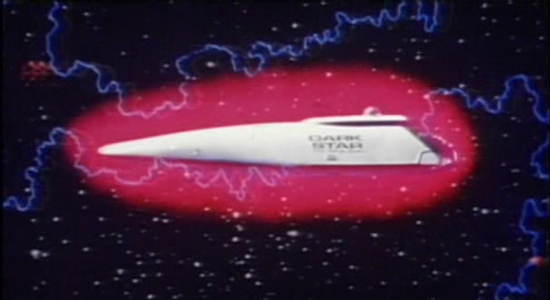
The opening credits represent the only time in ‘Dark Star’ that country music is explored. There are other examples of pre-recorded music being used to great effect; principally, several instances where the men aboard Dark Star are treated to on board elevator-muzak-like ‘entertainment’. The rest of the film is comprised of Carpenter’s brilliant, characteristic score as well as soundscapes forged of electronic blips and bleeps. It is an aural delight, riding a line that exists between melodic music and experimental abstraction. This abstraction may not be attributable to Carpenter though. John Brasher, Nina Kleinberg, Leslie Shatz and Nick Spaulding are all credited with some role in the production of the film’s sound. It seems to me that these noodling, experimental collages are more the result of those four than Carpenter himself, who provides a more traditionally melodic score. Perhaps, being Carpenter’s first feature film, he was more inclined to explore the outer reaches of music. One might put this down to youthful exuberance, but if youthful exuberance gives birth to music such as this, I say bring it on.
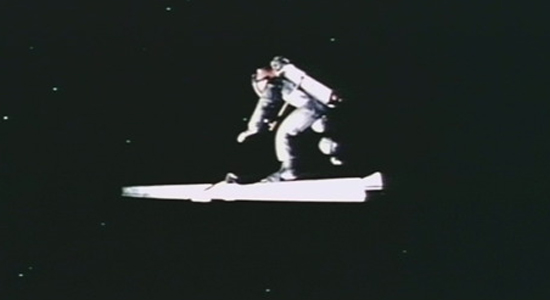
The following clip gives a great sample of all the great aspects of this score, from Carpenter’s driving synthy score, to the experimentation explored elsewhere. Please enjoy this sample of music from John Carpenter’s, ‘Dark Star’.
[youtube=http://www.youtube.com/watch?v=5MDoMraZu8M&w=540]




